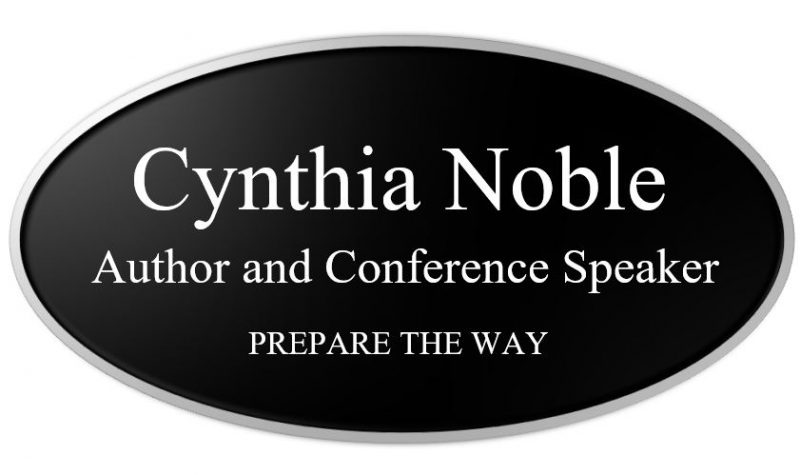
One of the greatest responsibilities leaders have is to keep their mouths closed.
Whether you’ve asked for it or not, as a leader—a boss, business owner, ministry leader, politician, teacher, parent or grandparent—people are watching you and listening to you. And they believe what you say (or what they thought you said). When the wrong thing is said, whether unintentionally or on purpose, the nuclear fallout can poison the atmosphere and disparaging impressions are inevitable. Here are a couple of too common scenarios:
Scenario #1—The Offhand Comment
Leader (scrolling through text messages): “Looks like Melinda’s going to be late again.”
Listener: “Melinda Tardy?”
Leader: “Yeah, she’s never on time. I usually tell her to come a half hour before a meeting actually starts.”
Listener: “Really? Huh…”
While that comment is not technically libelous, it hardly leaves a favorable impression of Melinda. The listener can’t help speculating as to why she’s always late: Is she deliberately insensitive to others? Oblivious to the inconvenience she causes? Too particular about her appearance? Can’t tell time? Thanks to human nature, speculations rarely favor the offender.
Scenario #2—The “Innocent” Gossip
Leader: “Let’s all pray for Larry and Maeve this week. They’re having some issues at home.”
Listener A: “What kind of issues? You know—just so we can pray more effectively…”
Leader: “Well, Larry is out of work again and the financial stress is putting a strain on their marriage.”
Listener B: “More details would definitely help us to pray…”
While this scenario is obviously a little exaggerated (I would hope), the point is this: Once a leader even hints that gossip is okay, others will take that permission and run with it. No doubt after the little prayer meeting, Larry and Maeve’s private problems jingled phones all up and down the prayer chain.
As leaders, we must beware what we start.
What leaders have to recognize is that our comments, speculations, and judgments are not forgotten by those who hear them—whether we remember them in five minutes or not. And they leave an impression—often a lasting impression.
Sadly, I can’t tell you the numbers of times over the years that I’ve heard someone in some leadership capacity make a careless or negative comment about someone’s mistake or struggle or fault and, whether I wanted it to or not, it influenced my view of that person.
“Well,” (you might say), “that’s very immature of you.” Not really. What would be immature would be to repeat the tidbit or to treat the person differently as a result of what I’ve heard. But let’s face it—if we hear something about a person’s bad behavior, weakness or error in judgment—especially if we hear it from someone in authority—we’re going to view that person a different light. The shift in our view may be large or small but it’s there. And it could be any change in thinking from a retraction of trust or respect for the target person to a feeling of pity. (And who likes that?) In more unfortunate situations, careless comments to others by a leader can inspire feelings of jealousy, superiority or even dislike.
Who does not remember, at one time or another, our wide-eyed, unconditional acquiescence to some respected person’s opinion—no questions asked? If dad, in a moment of frustration, refers to grandma as controlling, then to us she is—even if she’s not. If a coach remarks to a player that “not everyone is cut out to play soccer” (or football or basketball), then forever we’ll believe that Johnny just doesn’t have what it takes—and never will. Poor him.
Careless words.
In the Bible, James talks of the critical importance of controlling one’s tongue. “We can make a large horse go wherever we want by means of a small bit in its mouth. And a small rudder makes a huge ship turn wherever the pilot chooses to go, even though the winds are strong. In the same way, the tongue is a small thing that makes grand speeches. But a tiny spark can set a great forest on fire. And the tongue is a flame of fire…” (3:3-6a, NLT).
Our words, especially those of people in leadership, can steer opinions, viewpoints, biases, and prejudices; words can start fires—rumors, lies, conflicts, and divisions. And in the end, the tongue’s poison can destroy families, churches, work places, communities—even entire nations.
Is all of that worth the satisfaction of one snarky or careless comment?
Do leaders get frustrated? Sometimes. And if we need to talk about it, we must be most on guard. Who’s listening? Who’s impressionable? Whether through immaturity or malice, who’s likely to misinterpret?
As people, we must guard our words and as leaders, even more so; if we do not, everything we’ve tried to build, everyone we’ve tried to encourage—even people’s priceless reputations—can blow up in a micro-second. And let’s not forget one more thing: our own trustworthiness is on the line. After all, if we’ll talk about one person, why wouldn’t that put everyone else on notice that we’d talk about them as well?
Jesus said we’ll be accountable for every idle word we speak. And no wonder.


No Comments
Sorry, the comment form is closed at this time.